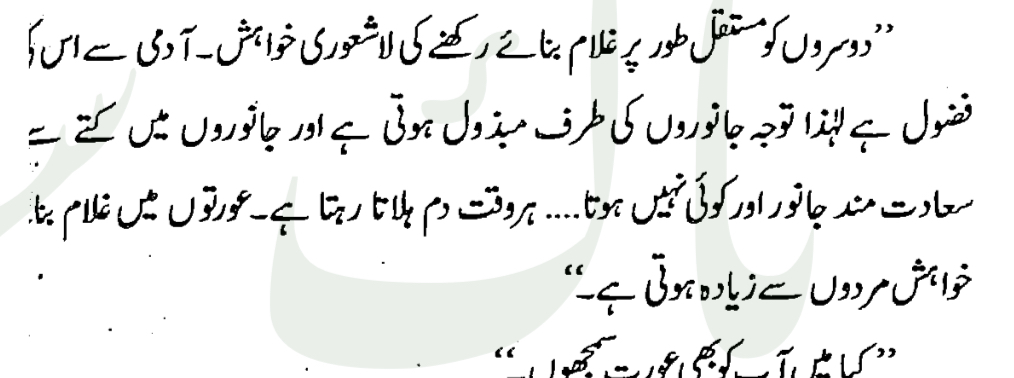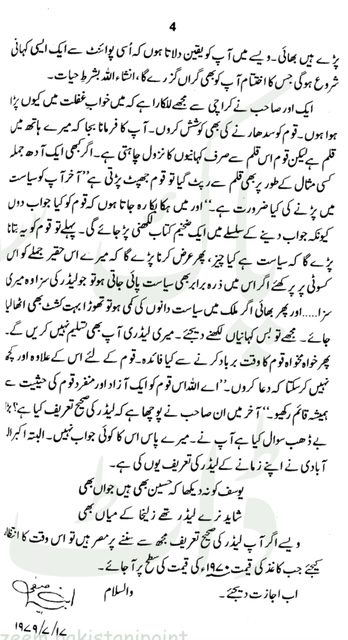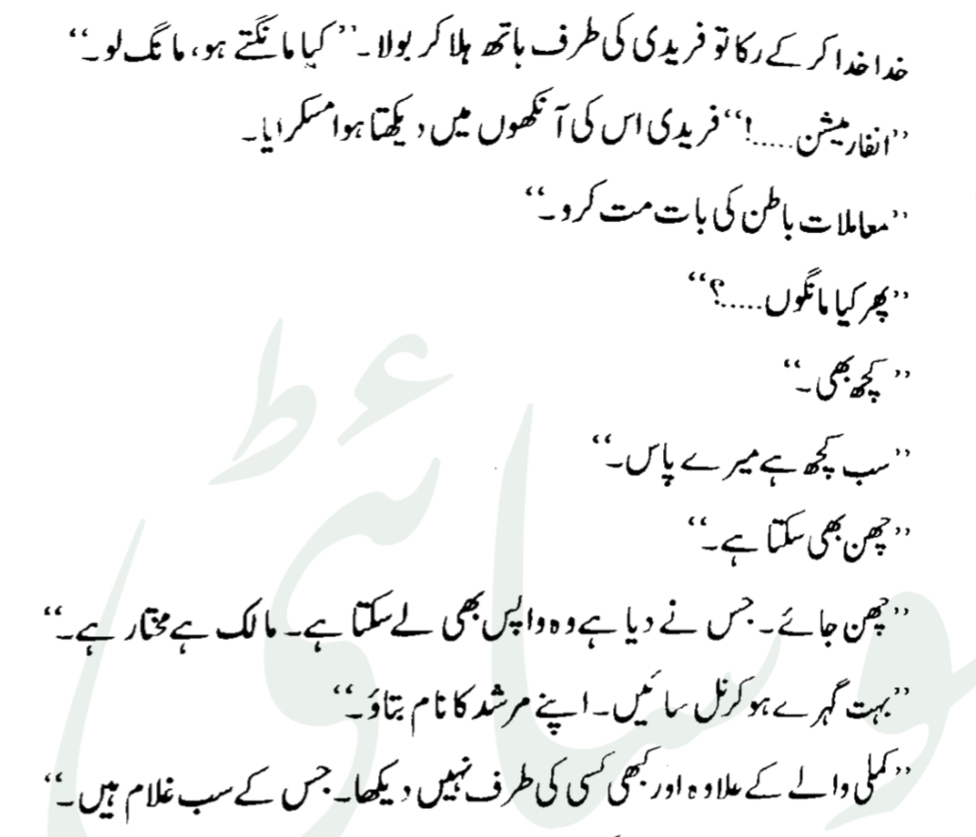
Non-review Rant
I’m not listing the number here. The version I read said it’s #124, but goodreads says it’s #125 and #126 (as it was published in two parts, apparently).
For us, it’s the last one.
Alright, let’s get to it.
Plot Summary
Custom inspector Afzal Khan is after smugglers, and gets killed by a snake in a briefcase. Later, the snake proved to be made of rubber prepared especially in the name of Ahmad Kamal Faridi. Afzal’s colleague Inspector Zaidi informs Faridi about the suspicious death and then disappears from his house. Another colleague Akbar Ali speaks about Mauji baba, Afzal’s supposed informer about smugglers. Afzal Khan’s mother also passes away under suspicious circumstances, and his house library burns down by some explosive.
One thing after the other but nothing moves Faridi, who remains calm as ever. There are a lot of characters in this novel…
- Deputy director Bhatti: Afzal Khan’s boss
- Inspector Zaidi who informed Faridi about Afzal Khan’s secret mission
- a Kenyan citizen Durdana Shahid who has snakes as pets and many servants that seem unnecessary
- Tahir Malik, a regular at Durdana Shahid’s parties
- Sultana Tajwar: a widow who owns a shoe business
- Shirazi: A guy expert in desi explosives
- Akbar Ali: Afzal Khan’s orderly
- Razia: Bhatti’s niece who’s also engaged to bhattis son.
- Saira: A minister’s ‘adventurous’ daughter
- Mauji Baba: Let it suffice to say he’s a baba.
Who’s the murderer?
Review
This novel has so many twists that my mind couldn’t keep up with it. In my earlier review of the book on goodreads, I had mentioned that it was vague and bizarre and confusing. Hameed feels the same way and yet Faridi claims that he’s playing games with the perp and not the other way round. What’s confidence my man has.
This time, though, I felt slightly differently about the book. It was well-written, with twists coming in to throw the readers off, and everytime we felt that it’s nearing conclusion, another curveball came our way. Hameed and Qasim’s shennanigans are on-point as usual. To our surprise, in certain situations, it’s Faridi who handles Qasim better than Hameed does. Faridi is better in handling people, as always.
Faridi encourages his new assistant Tauqeer Zaman to do a few exercises to keep the nerves calm as their profession demands it. Later, he suggests that Rekha Angelo (wasn’t she named Rekha Larson in earlier books?) that she should have paid attention to what neighbourhood aunties said and shouldn’t have called the telephone exchange to enquire about Afzal Khan’s complaint. For majority of the case, he’s calling numbers and asking for updates. He has become a desk detective of sorts, senior detective who gets things done without having to get his hands dirty, and also mentors others. Given that this was 125th novel, I think the progression was necessary.
Speaking of random name changes, in one of the books, he has admitted of using wrong name for Fairidi’s father; it’s Nawab Aziz Khan. In one of the novels, he had mentioned Nawab Abid Khan. Ibn-e-Safi was schizophrenic for crying out loud and still managed to keep the characters alive and exactly same for years. Kudos to him.
Just In Awe of Ibn-e-Safi
In this novel he has created a place called Tota Chashmistan where people
- get numbers instead of names
- the number gets reallocated upon death to someone else with a fraction: so 386/11 is the 11th 386.
- they don’t know what “roti” is
- they get gold coin that rain on them to buy coffee/stuff.
- They have a different vocabulary:
- wife: aqalmand
- shauhar: ghamaR
- aashiq: nisf ghamaR
- mehbooba: bandooqa
- mohabbat: thayein
- kids: toofan-e-badtameezi
It was so bizarre but such a unique alternate reality, I was amazed, especially at how he incorporated a seemingly random analogy into the narrative.
Fav Lines
ناکام ہی رہنا چاہتا ہوں مس ریکھا کیونکہ کامرانی ہاتھ پیر توڑ کر ایک طرف بٹھا دیتی ہے اور آدمی واقعی کسی کام کا نہیں رہتا۔

ڈرامے کو سٹیج تک ہی محدود رہنا چاہیے۔ تماشائی اداکاروں کے پیچھے نہیں جاتے۔

We see a proper janaza and Fateha, people say things like
- in sha allah
- allah aur waliyon ki baat huyi
- Allah behtar karega
I felt like in his final days he was finally getting rid of the western culture and making his characters truly desi but he didn’t get time. Even in the preface he promises things, promises that he couldn’t keep. He says:
انشاء اللہ بشرط حیات
Who knew he wouldn’t be there after this one? You know what, you should read this:

And there are many instances that hint on sprituality.
Exhibit A

Exhibit B

Exhibit C

Exhibit D

This one might surprise some people, but read closely. He mentions two witnesses, a must for nikaah. Also, this line emphasises just how important Hameed is for Faridi. There’s so much packed in 4 lines. I’m amazed.
Final Thoughts
I’m in awe of how well he wrote, and how he managed to publish 245 books, with very few feeling repetitive. In this book, at one point, Hameed is singing praises for Faridi and quotes:
I googled: نطشے is Nietzsche is Friedrich Wilhelm Nietzsche, a German philosopher who came up with superman theory.
Nietzsche’s theory of the Übermensch, often translated as “superman” or “overman,” is a philosophical concept that envisions a human being who has overcome the limitations and self-deceptions of traditional morality and embraced self-creation and the affirmation of life. It’s not about physical strength or power, but rather a state of psychological and spiritual self-mastery. The Übermensch is not a specific individual or group, but rather an ideal for humanity to strive towards.
And, Afzal Khan used to say that if Nietzsche knew Faridi, he would have mended his definition of Übermensch.
For me, it was a few google searches. How hard it must have been for Ibn-e-Safi? He must have been very well read to have incorporated such an important detail so casually. In the earlier reads of this book, I had never noticed this. If I had, I dismissed it as “something I don’t know”. Now, I am amazed all over again by his knowledege and how well-read he was, and how he included history, geography and philosophy so easily in his narrative.
I was also a bit teary-eyed, almost as if it’s a personal loss. I don’t know if I would ever feel that way about any other author.
That concludes the review. What do others feels about this one?
Shabana Mukhtar
